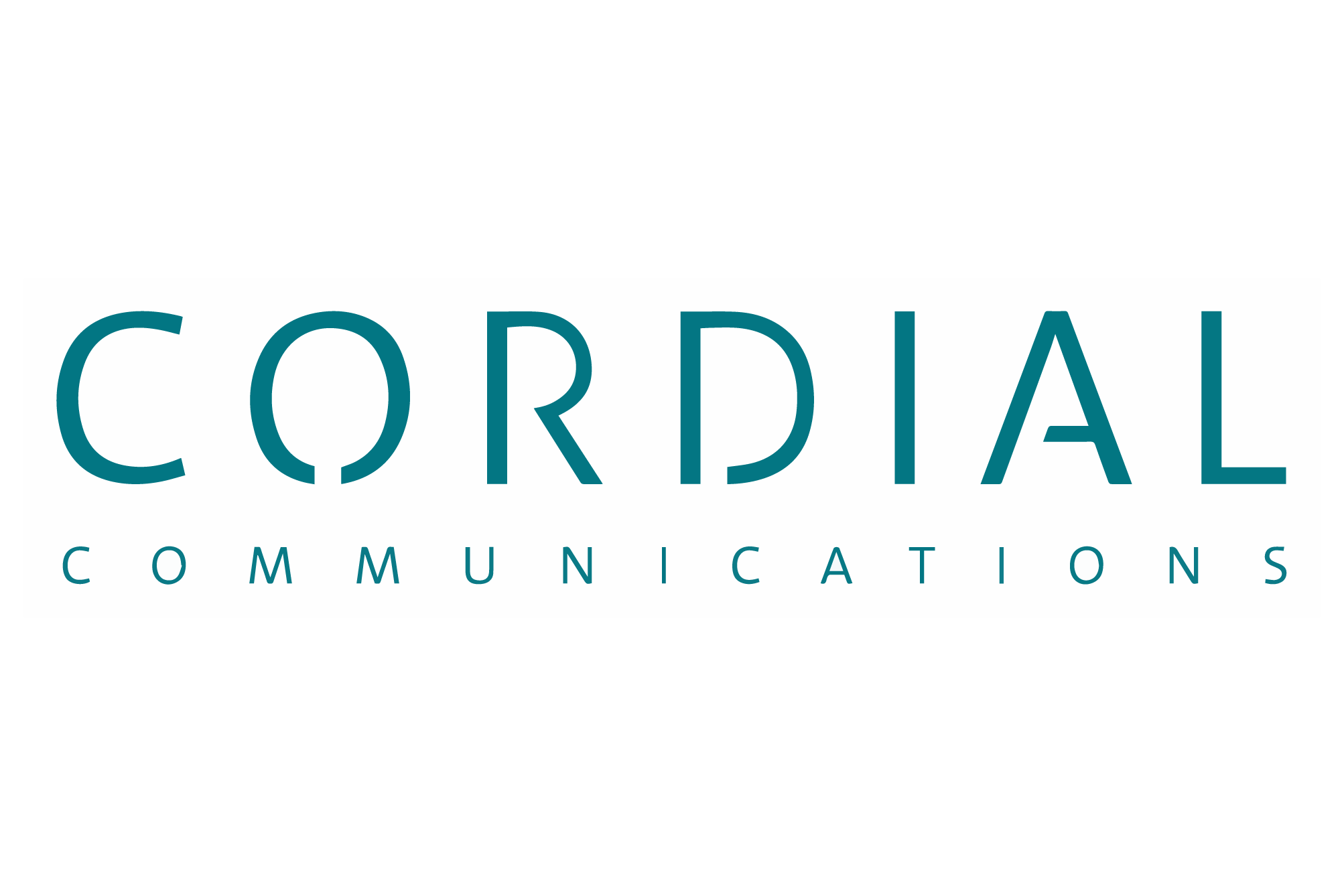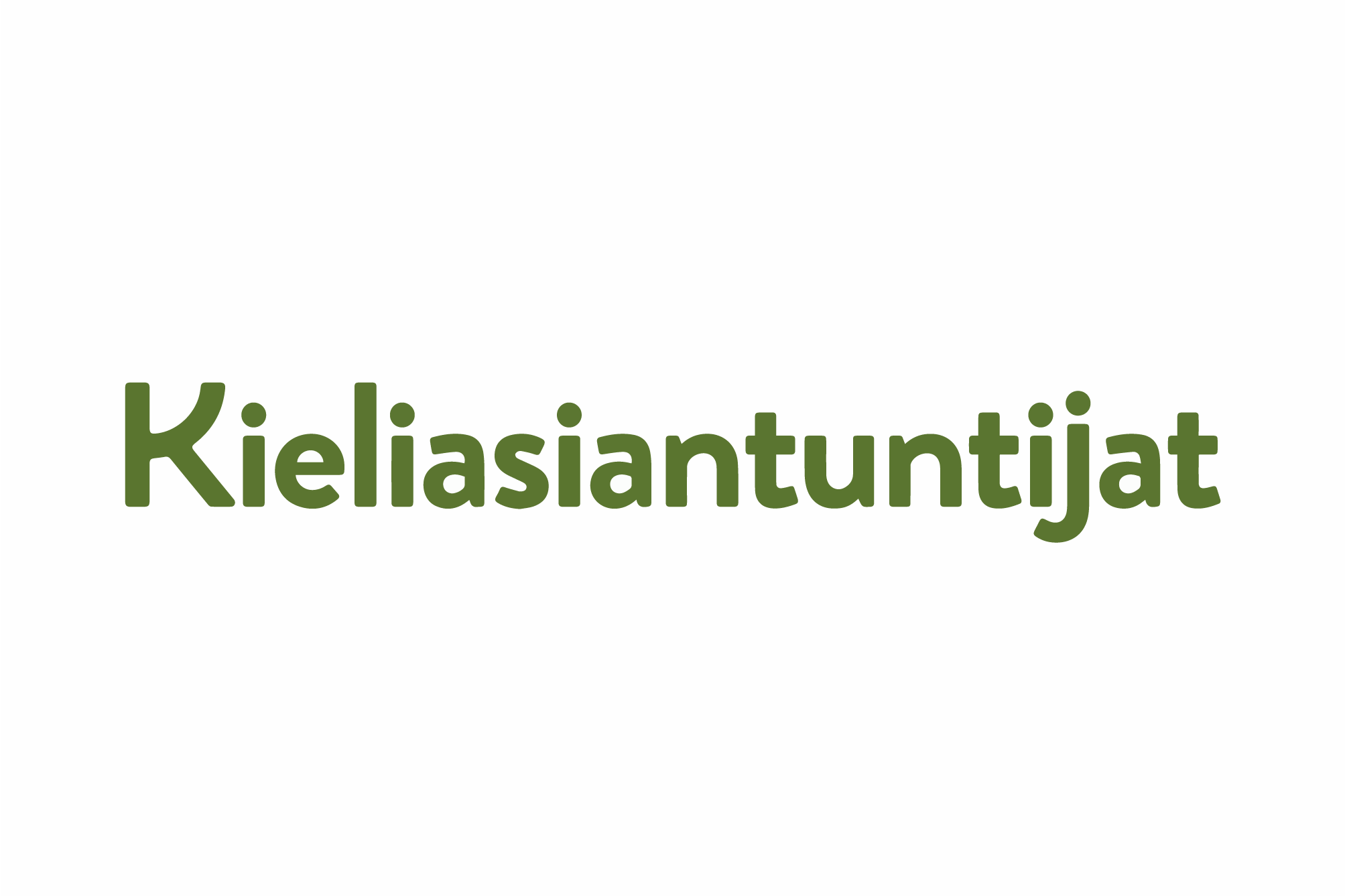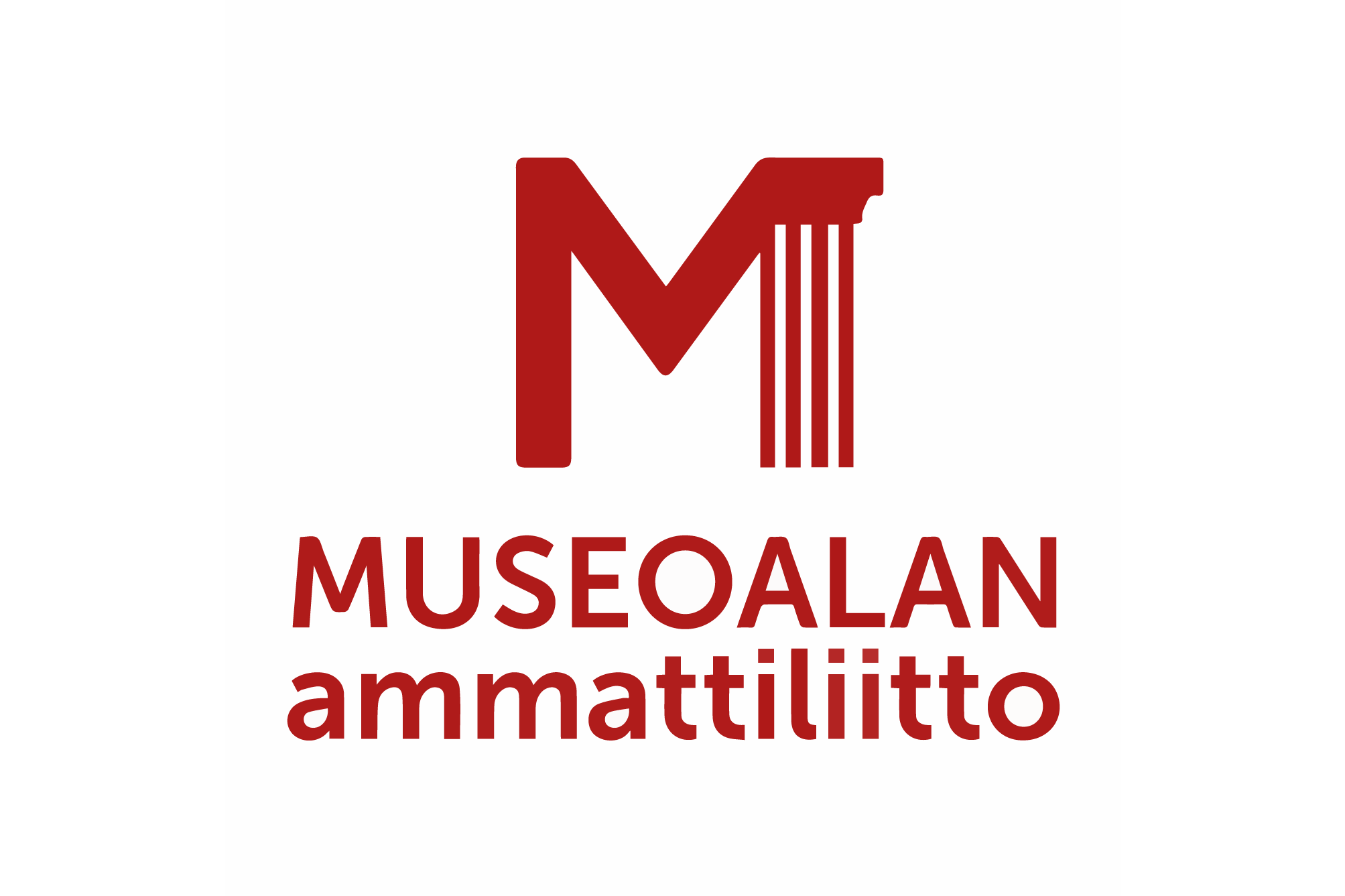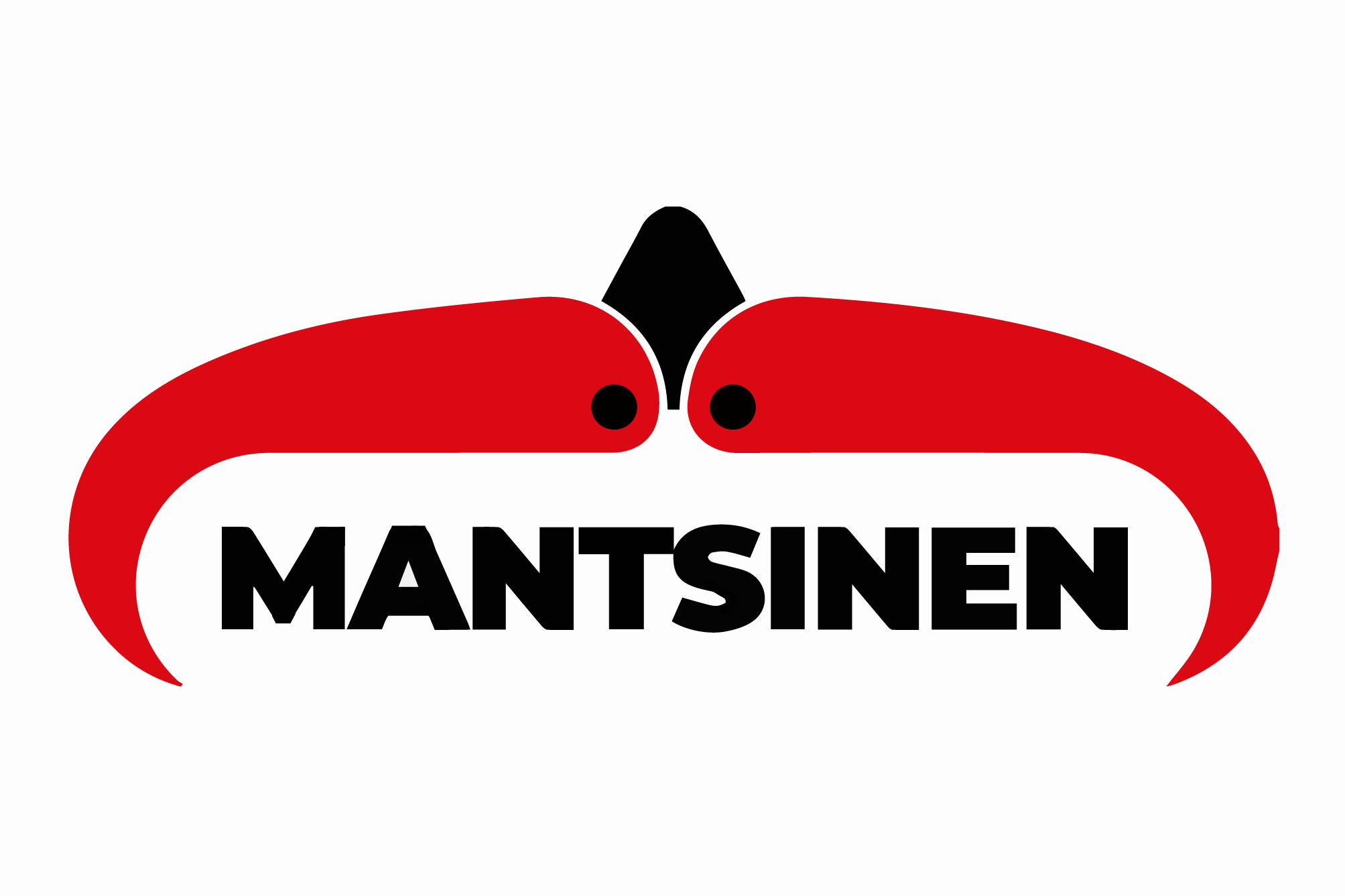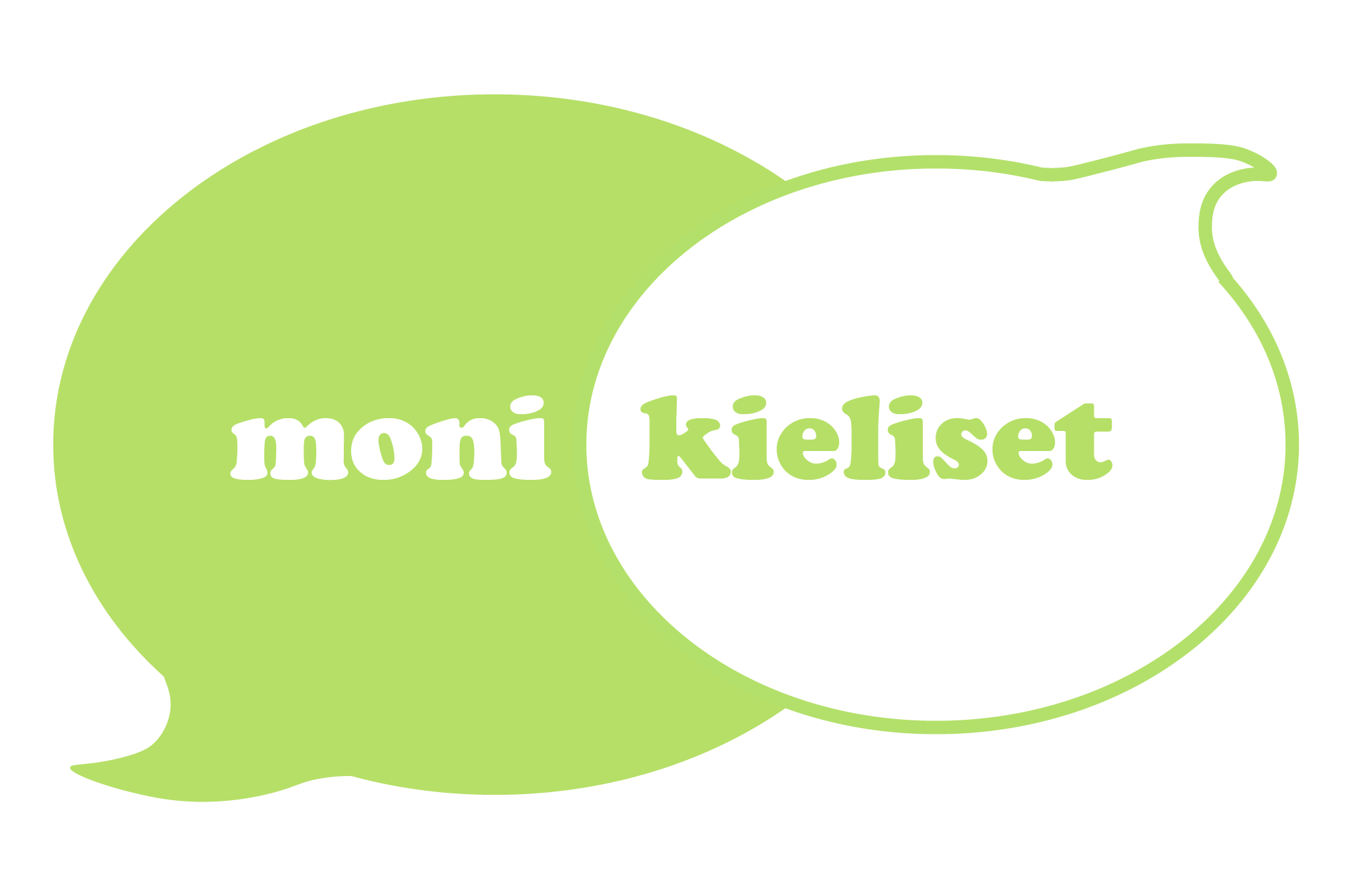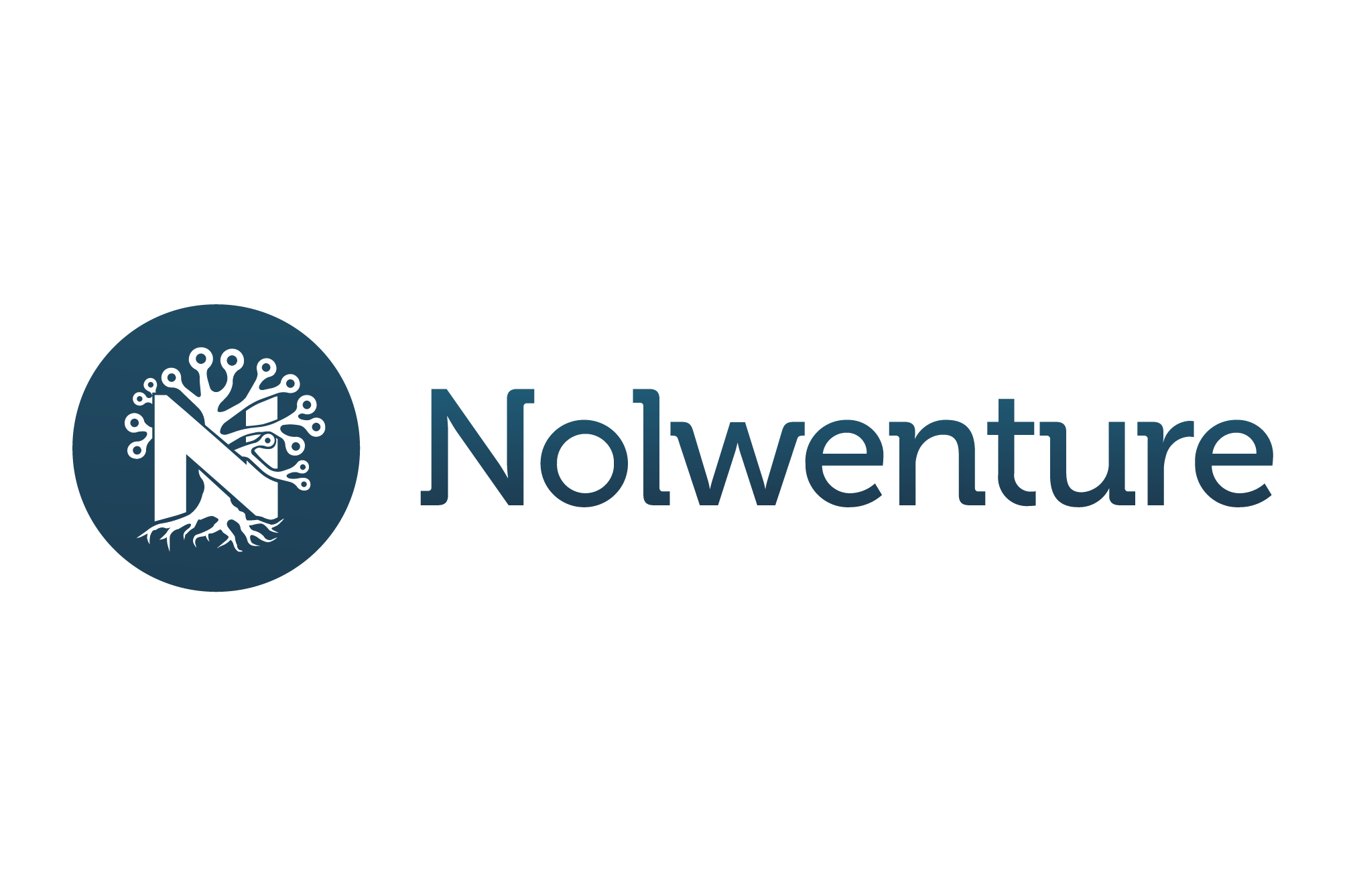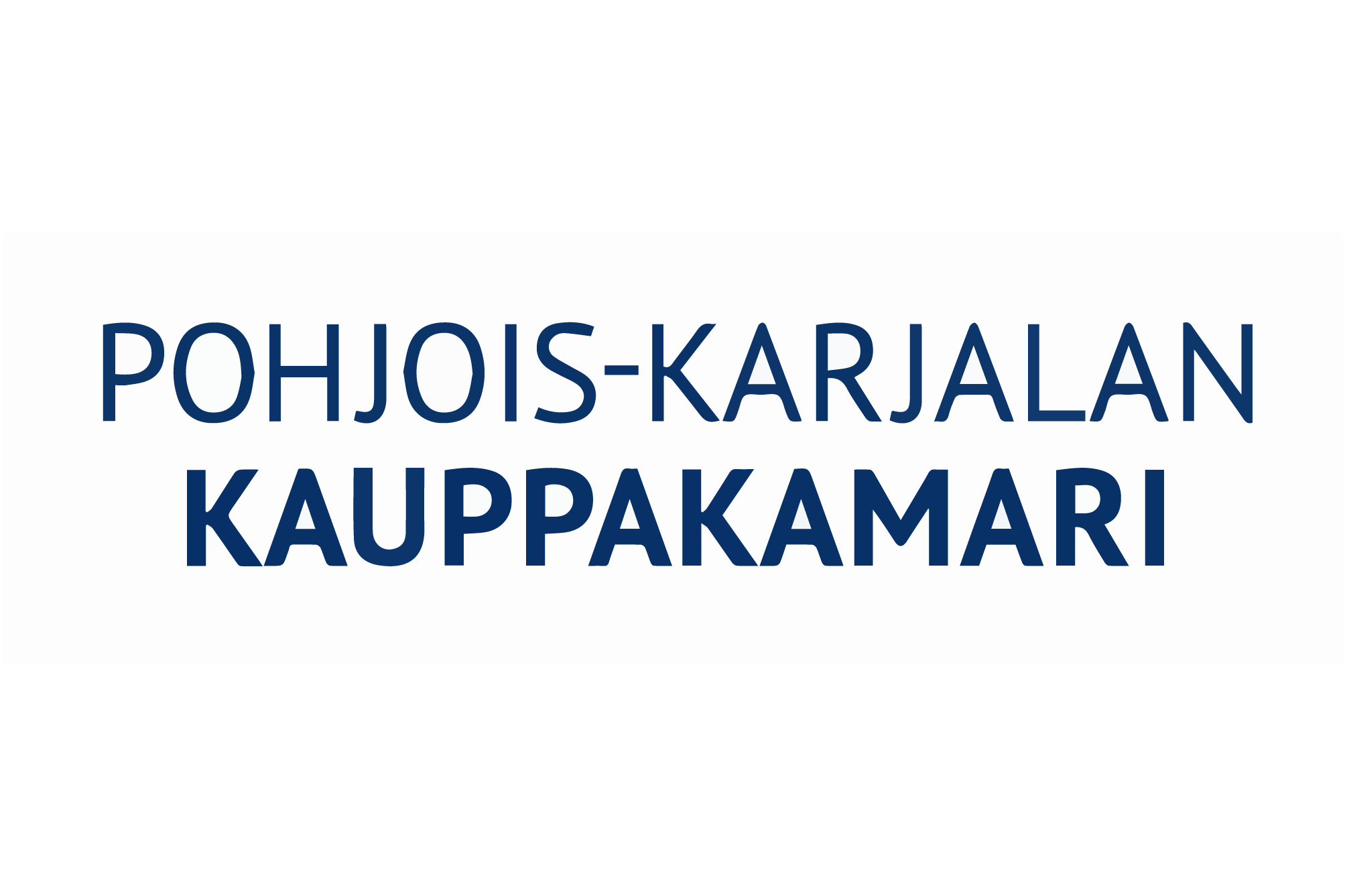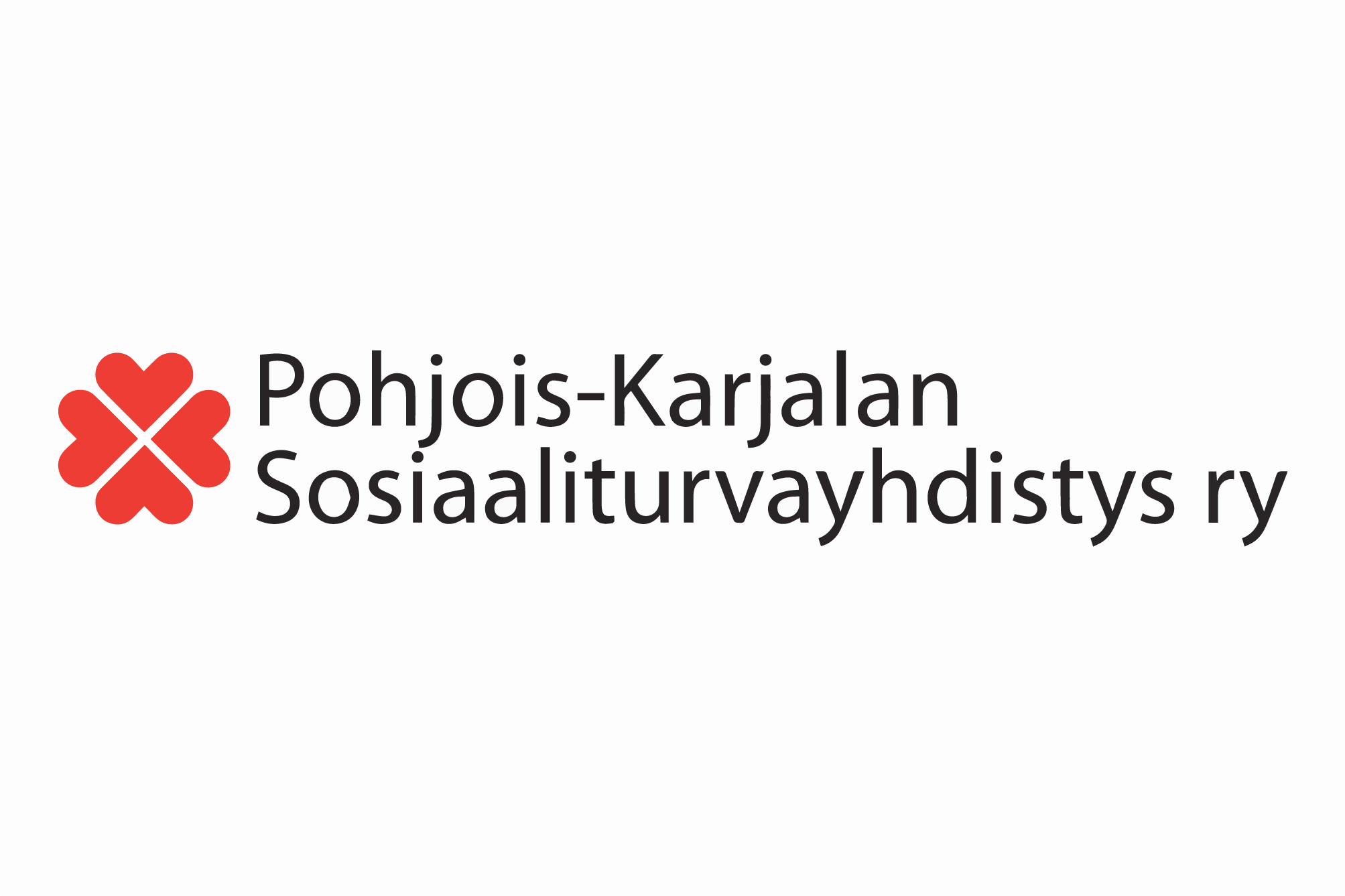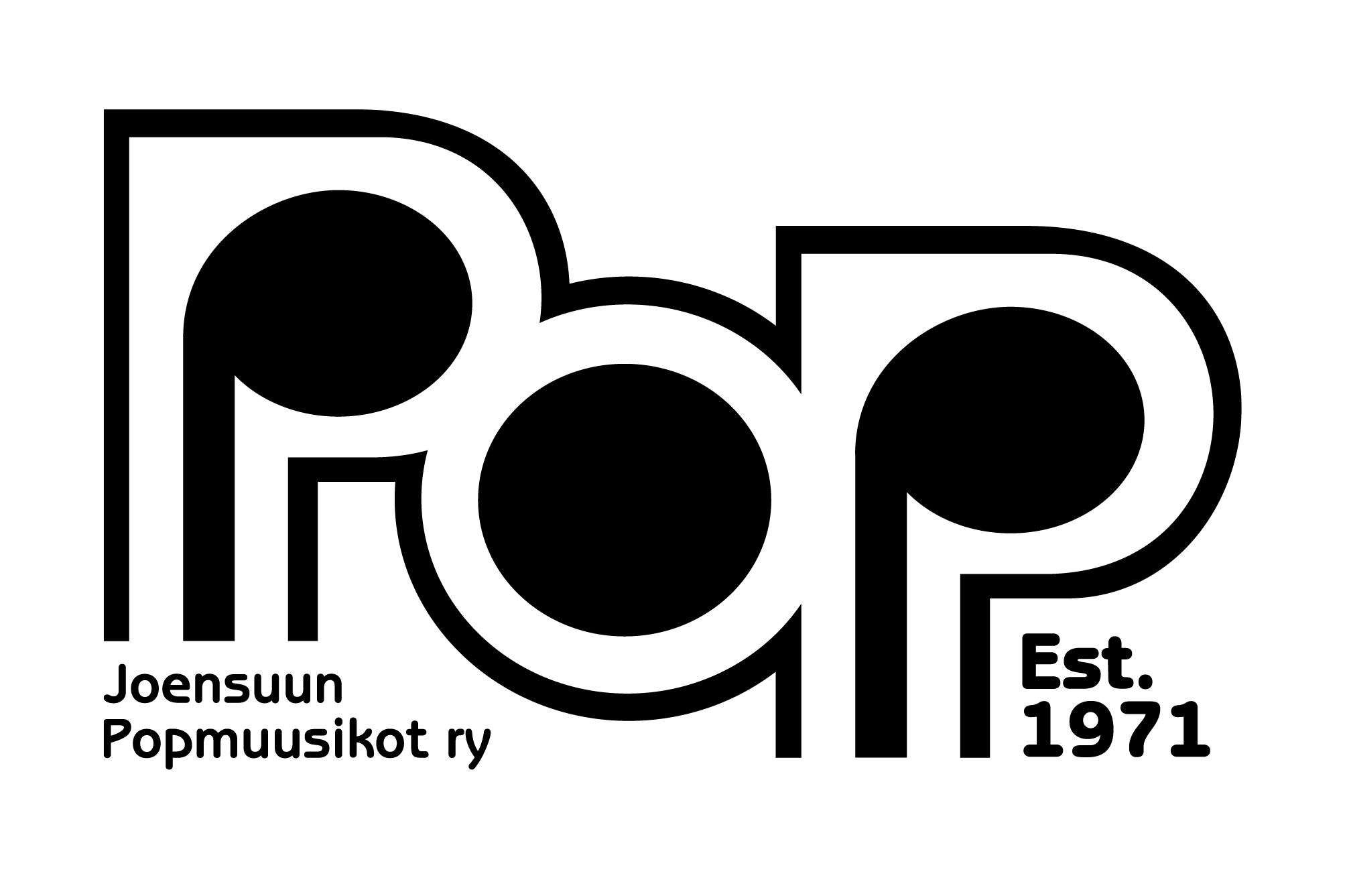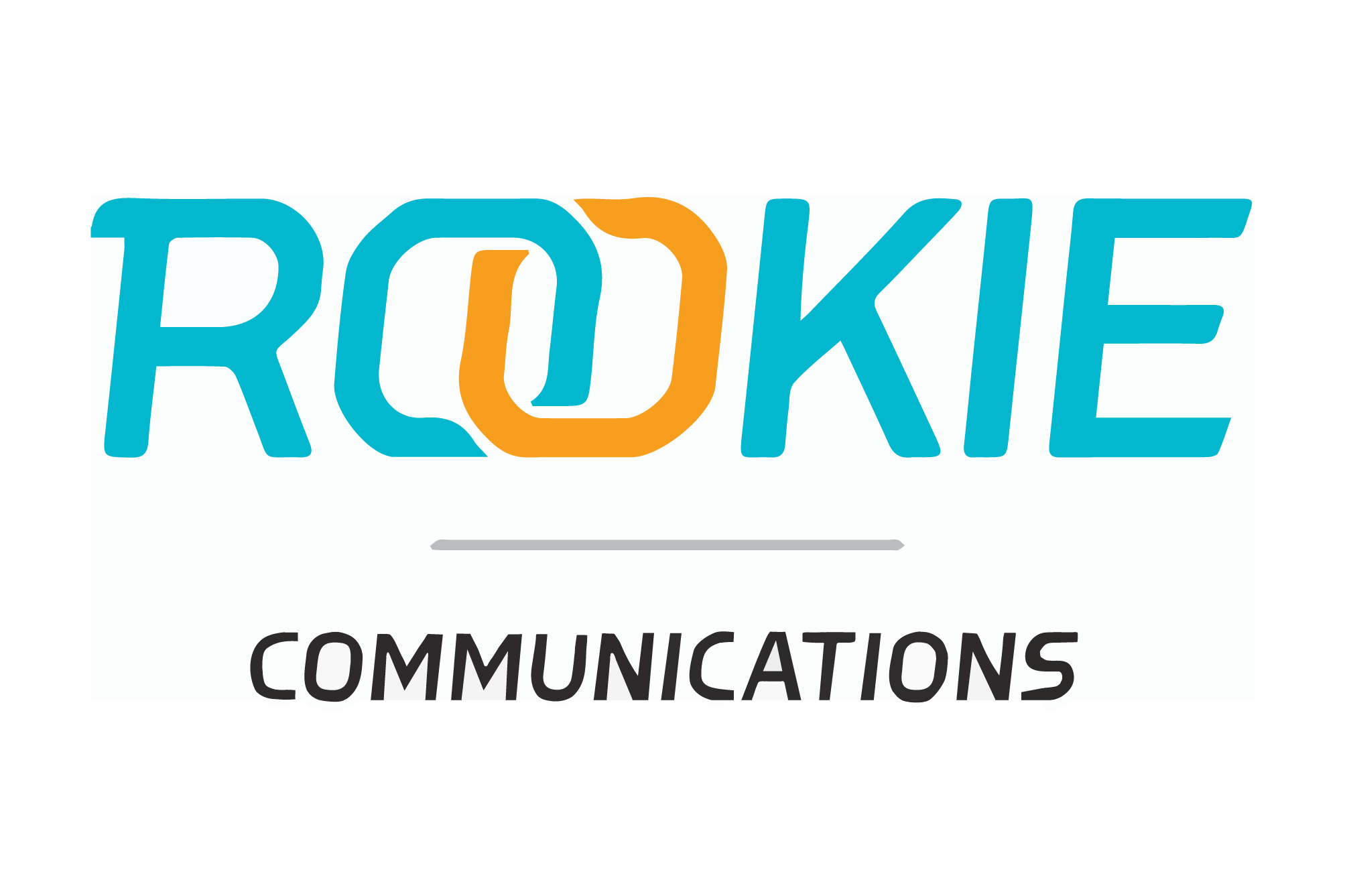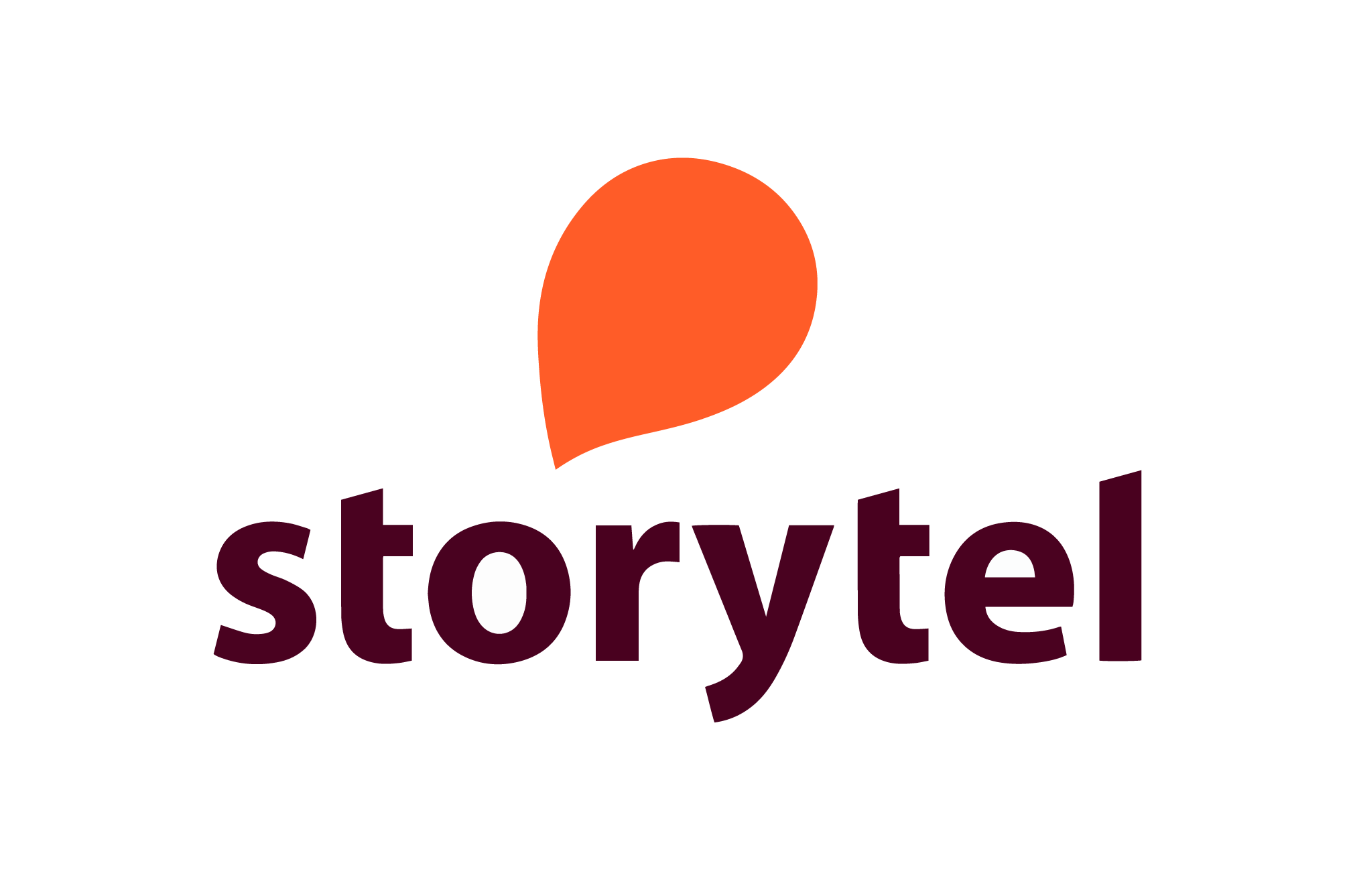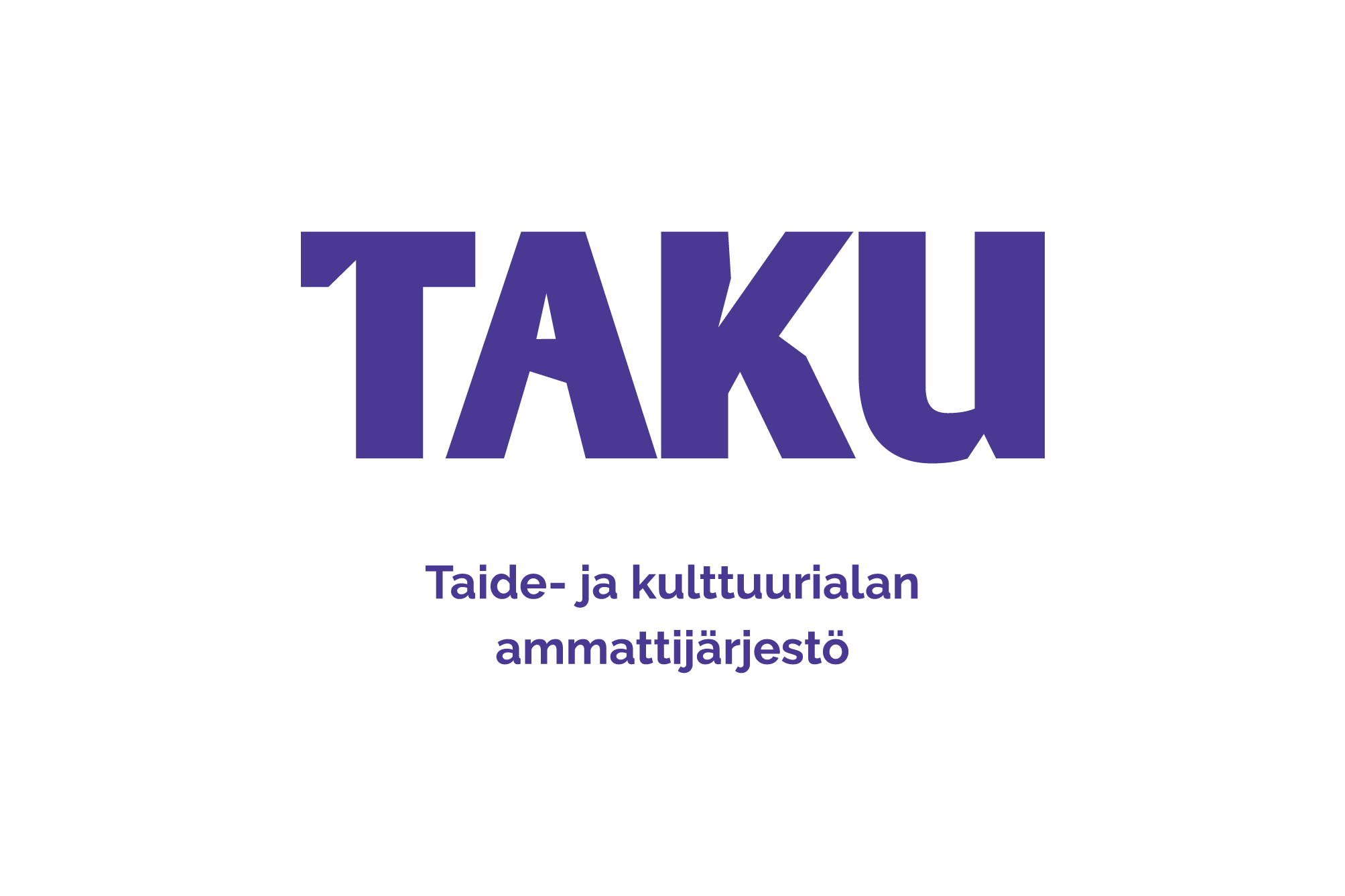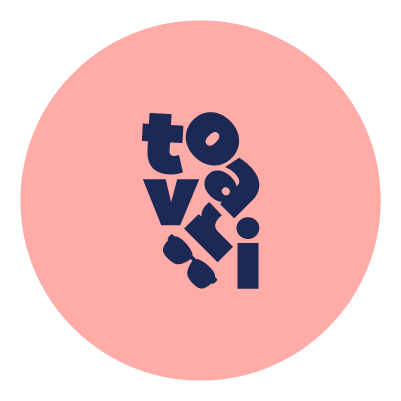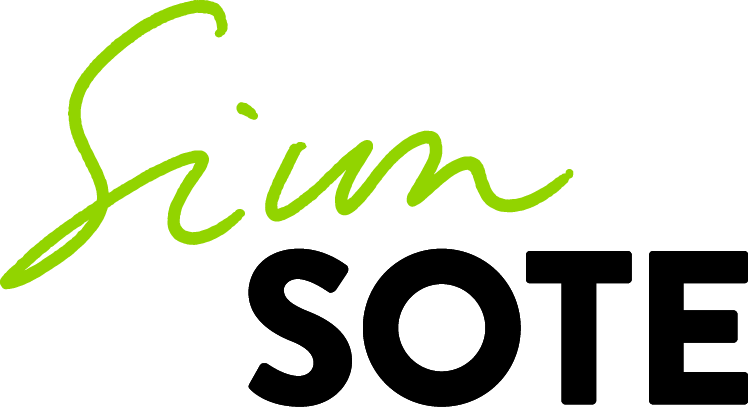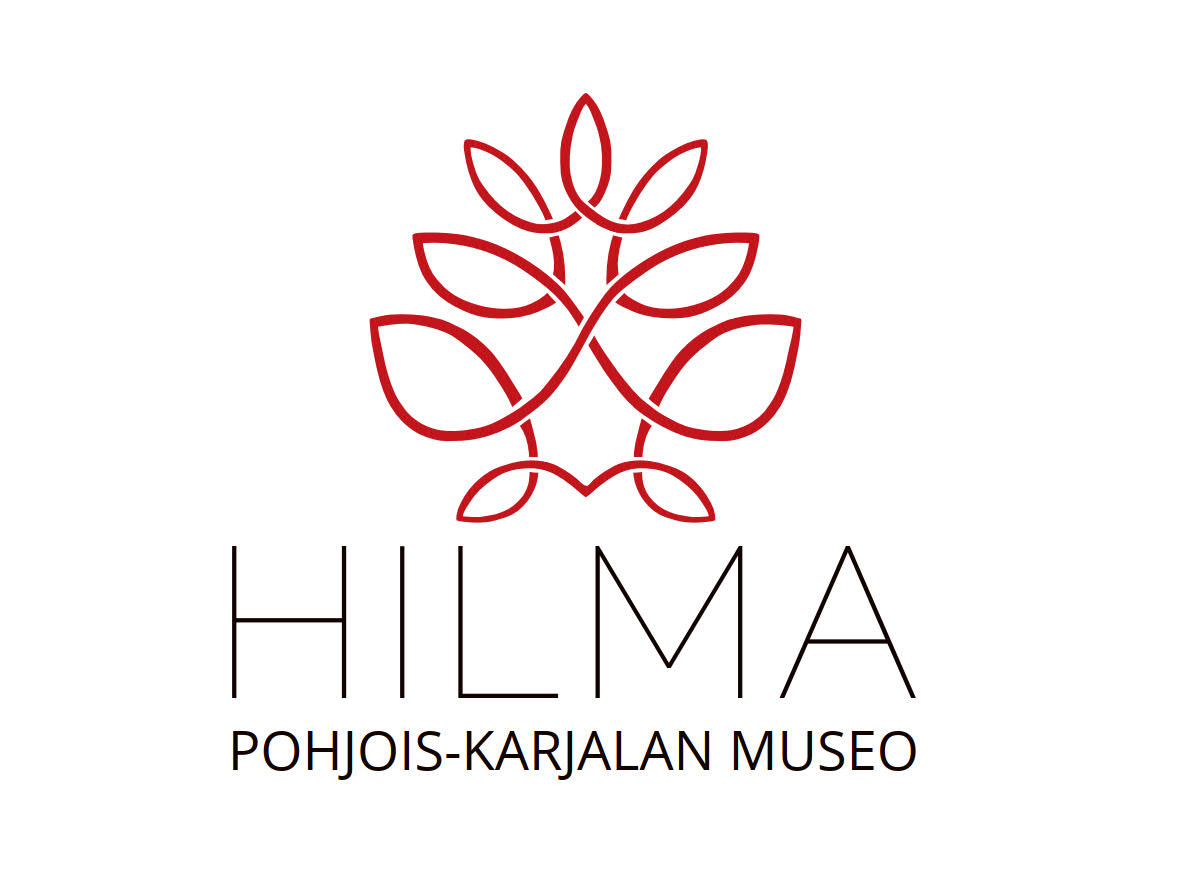Humanities are an investment in the future: Humanists understand how ways of thinking and acting affect interaction. The most important factor is people - you, your customers, your employees, we all as individuals and as a community.
Humanists are particularly familiar with international communications and have knowledge of cultures and history. They have often supplemented their skills with commercial, IT or pedagogical competence. This is why humanists are suitable for many expert tasks. They find employment in communications, tourism, advertising, industry and education, among other areas.
Join us in developing your organisation's linguistic and cultural competence and offer humanities students contacts with working life. The objectives, duration and scope of working life cooperation are always agreed upon on a case-by-case basis. We take your wishes into consideration flexibly - new ideas are always welcome!
Are you interested?
School of Humanities actively cooperates with representatives of working life. University lecturer Jukka Mäkisalo acts as the contact person for working life.
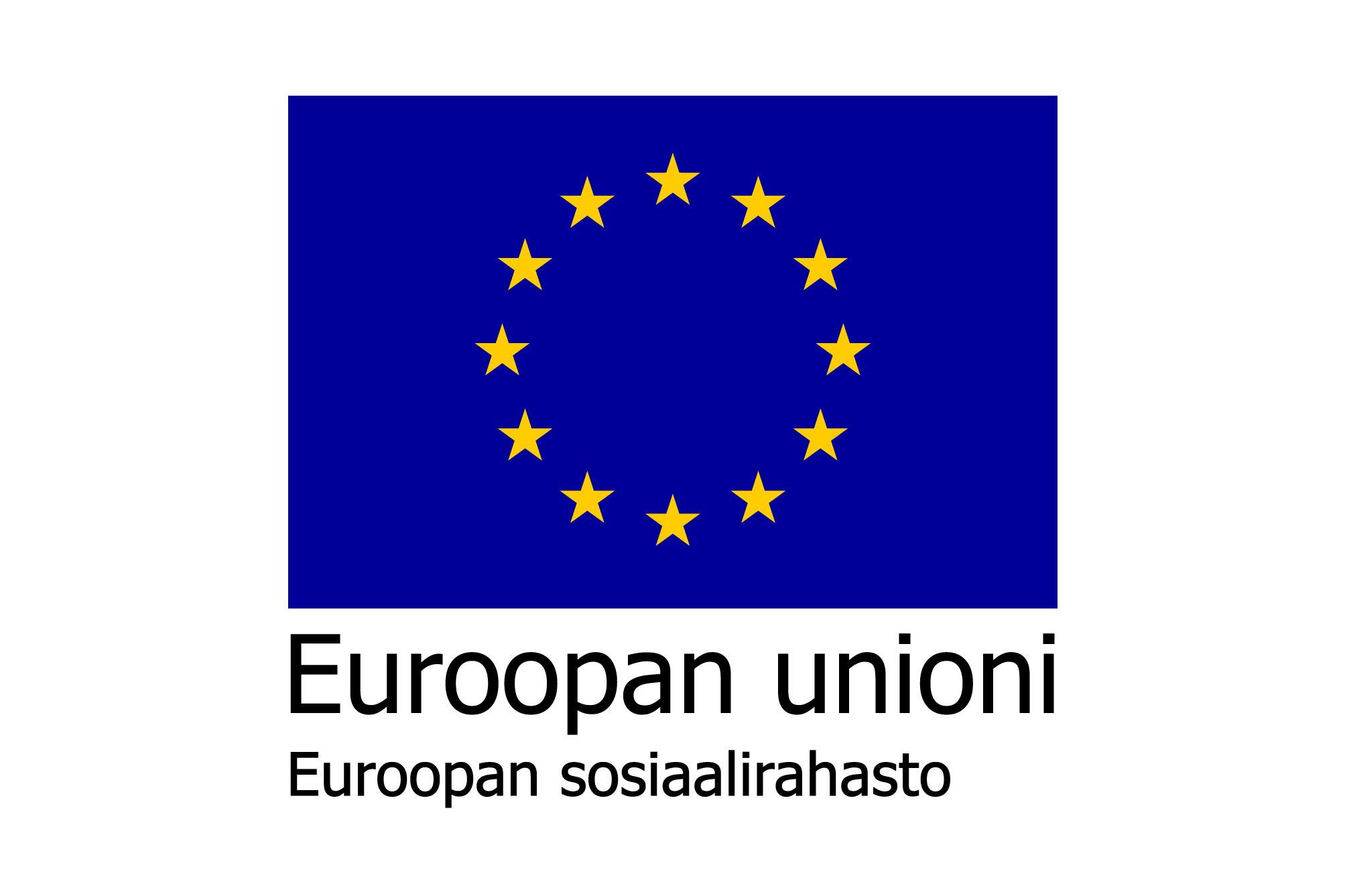
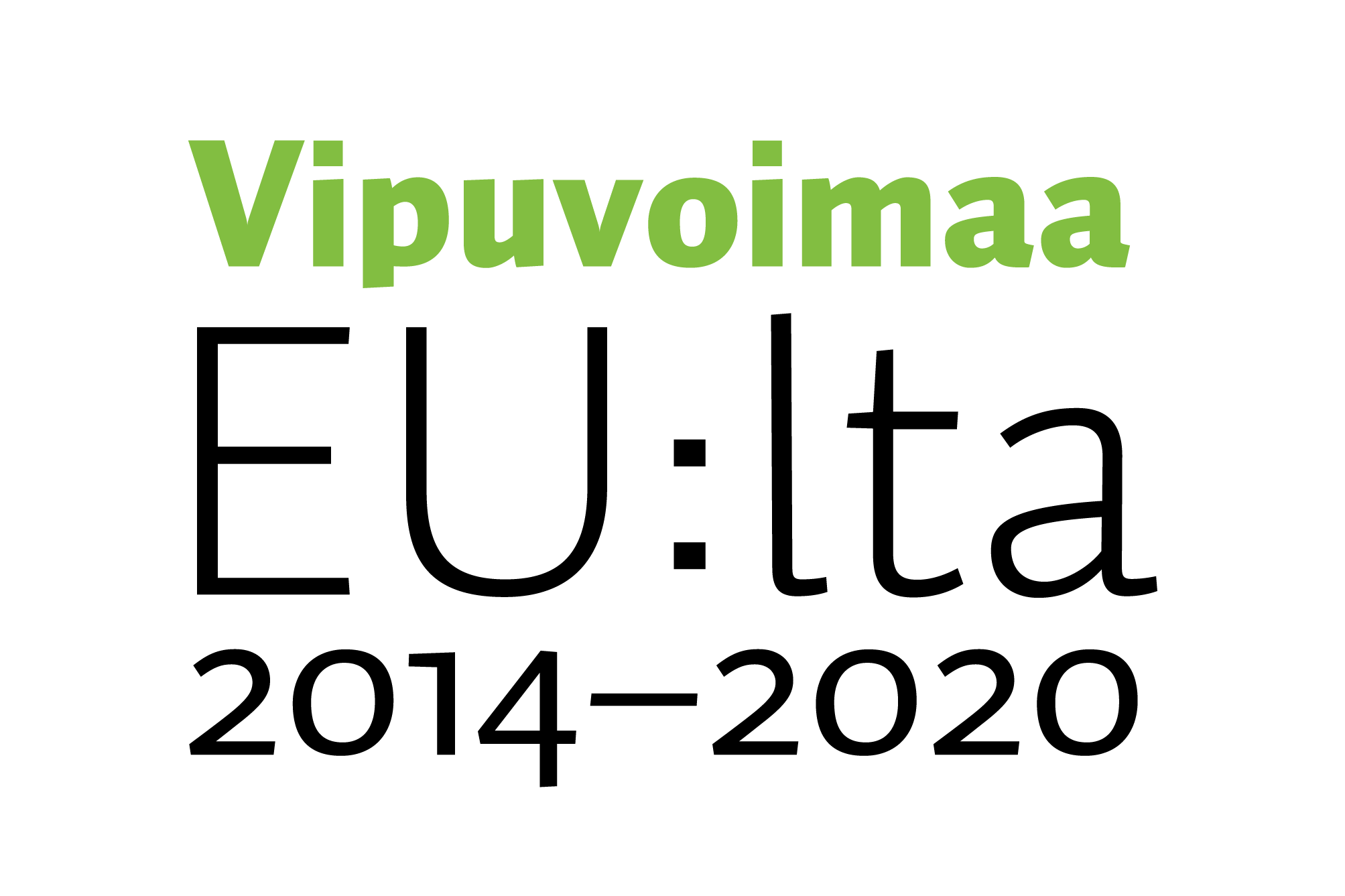
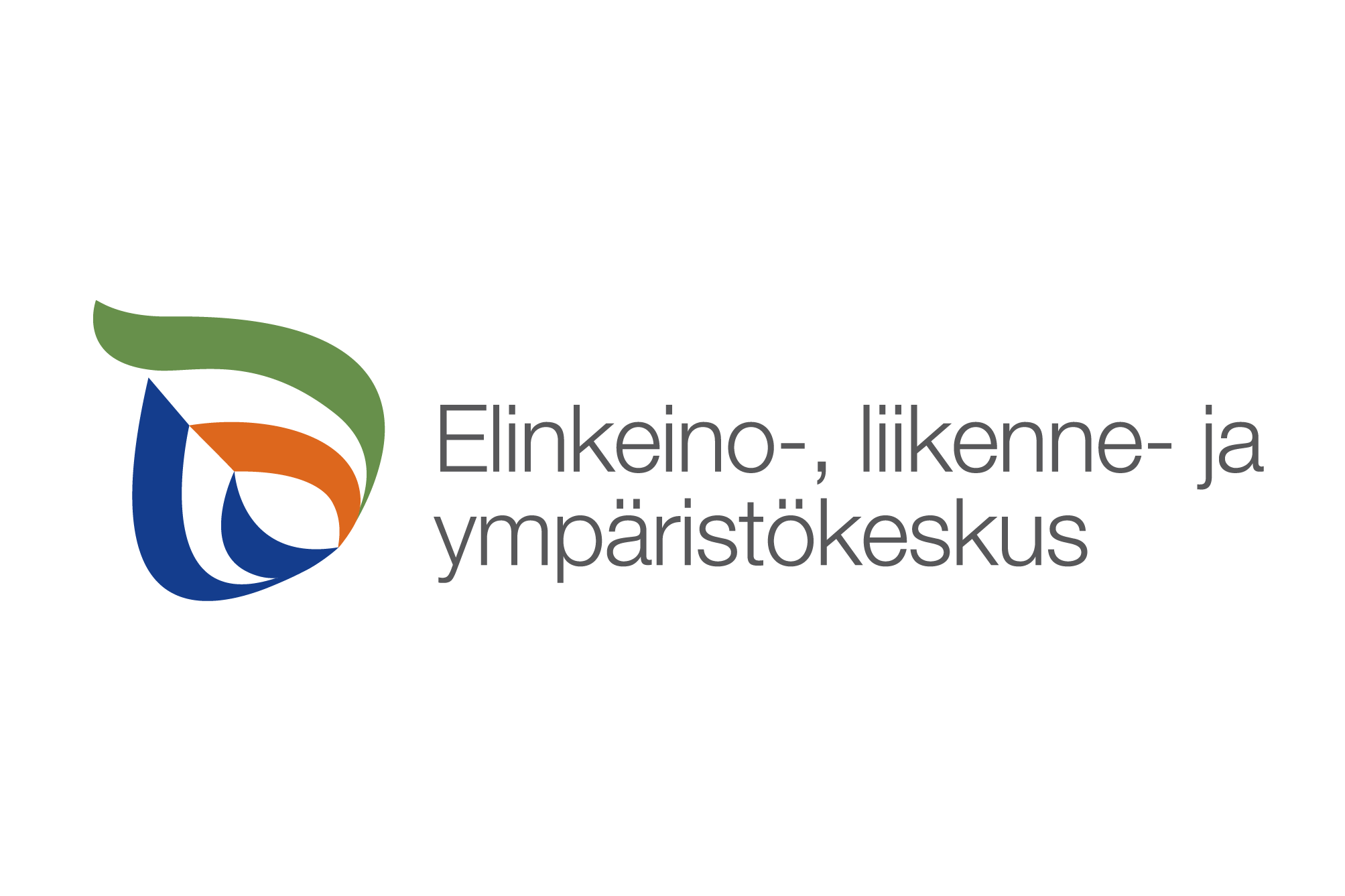
Opportunities for cooperation
Would you like to tell students about working life practices or the job opportunities in your organisation? Are you looking for solutions to language or translation questions or the usability of digital services? Collaborations are integrated into the courses and they can take just one visit or last for longer periods of time. For students, networking and information that their work meets real needs can really help increase motivation to study. Course collaboration can take the form of:
- Expert lecture: The expert lecture may be a guest lecture, introduction or other discussion, in which you describe, for example, the field you represent, the activities of your organisation or your own work from the perspective of the learning outcomes of the event or course. The lecture can be continued, for example, through small group discussions or exercises based on the lecture. Also suitable as part of the working life day.
- Project work: A project aims to solve a task or problem based on your organisation's information needs during several lectures or for an entire course. Project work is an assignment or its simulation. A short-term project can be a design sprint, for example. A project that lasts for the entire course, on the other hand, aims to solve a task received from a partner for a longer period, which also focuses on the areas of project work, the stages of the process and the division of work more thoroughly.
- Design sprint: A design sprint (hackathon) is a short-term project in which students can solve a challenge or problem entity derived from the needs of your organisation in a small group. For example, a service survey (interviews, surveys), a service development proposal, a service, a product or an operating model can be created during a sprint. For example, you can participate in a sprint as a partner of the leader of a small group, as a scorer for ready-made solutions or as a judge. The duration of a sprint is agreed on a case-by-case basis, but it typically lasts 1-2 days. Also suitable as part of the working life day.
- Company collaboration course: The company collaboration course is based on the needs of your company. The course is planned and implemented together with teachers.
- Mentoring supports the transition to working life of students in the final stages of their studies. Register as a mentor in the mentoring programme, which includes a coaching section, one-on-one meetings and a closing meeting. The duration of the programme is approximately six months. Read about previous mentoring programmes: 2021-2022 and 2020-2021 (in Finnish).
- Work shadowing is carried out as part of mentoring or as an individual exercise on the course. You can offer your organization as a target of work shadowing. During the shadowing, the student follows and observes your or your employee's work for one day. Getting to know your colleagues and the facilities is also useful. After shadowing, there is a closing discussion that reviews the results of the day.
Offer us your software for testing in development and marketing work. Students can test your software and provide development feedback on the courses. For example, the software may be related to the processing of data, speech and text analysis, translation, training in different fields, or other aspects that provide you with a humanist’s perspective.
Software made available to the Humanities Department:
- Phrase Academic Plan -is used on translation courses.
- The MemoQ Academic Program provides free access to the memoQ Translation Pro environment. It also provides students with the opportunity to purchase software cost-effectively.


Does your organisation have a problem or challenge that a student could solve in their thesis? A workplace-oriented thesis provides your organisation with reliable information for developing your operations. The thesis may focus on services, products, communication or working environments. The thesis is a scientific work that solves a problem in accordance with the practices of the field of science. An experienced teacher is responsible for supervising the work.
We regularly organise working life days to support the development of students' working life skills and connections with working life. For example, the following forms of cooperation are implemented on working days or as part of courses:
- Alumni story: What kind of launching pad did you get for your career through a degree in humanities? How do you utilise your language and cultural skills in your work? By sharing your alumni story, you can serve as an encouraging example of humanities in working life with diverse career paths.
- Organisation visit: During an organisation visit, the students familiarise themselves with your organisation's activities, job descriptions and training opportunities through an introduction and discussions. The visit may include advance assignments or exercises.
- Workshop: The workshop develops students' working life skills in cooperation with an expert in your organisation. They could involve practising elevator pitches, drawing up a resume and cover letter, or they can simulate a job interview situation. Other forms of sparring are also possible.
In practical training, students develop their vocational skills in practice. Provide the student with a path to working life in the form of on-the-job training. Get additional resources and fresh language and cultural expertise for your organization. The School of Humanities may grant the student a traineeship subsidy (approx. EUR 600 / month for a maximum of two months) for a practical training included in the degree. The minimum wage paid by the employer must meet the previous employment requirement of the Social Insurance Institution of Finland (Kela). For more information, see the university's traineeship instructions.
Join our working life network
Welcome to our working life network! By subscribing to the newsletter (mainly in Finnish), you will join our network and be among the first to receive invitations to our working life events and the latest news on cooperation events.
Our partners
We do diverse cooperation with companies and organisations in different fields. Below are some examples of our partners.

